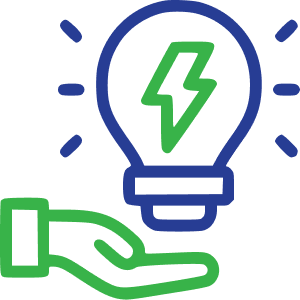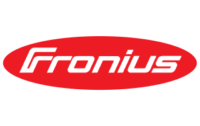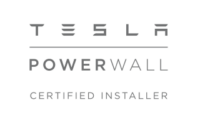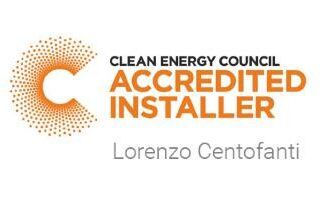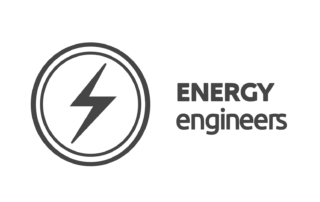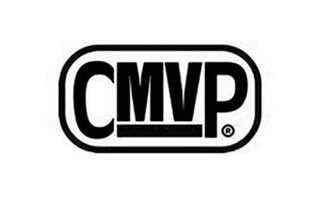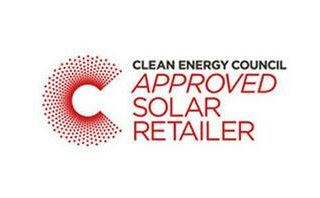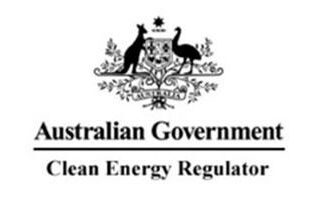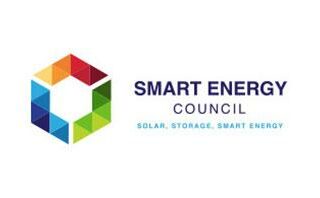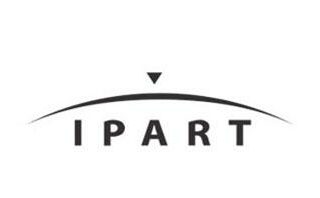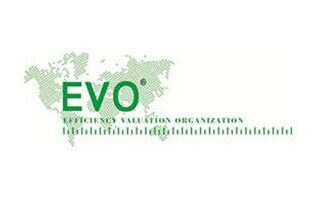Trusted by
Experienced Commercial Solar Installation
Looking to make the switch to renewable energy to help power your business? You’re in the right place.
At Sustainable Savings, we support SA’s forward-thinking business owners and entrepreneurs with fit-for-purpose solar solutions that help reduce your energy costs and your carbon footprint.
With years of experience in commercial solar installation, we specialise in designing and implementing tailored solar solutions for businesses of all sizes. Whether you’re a small business or looking for solutions customised to a larger company, our team of experts ensures a seamless transition to clean energy, maximising your ROI through efficient panel placement and performance monitoring.
If you’re ready to join the green revolution, enhance your brand’s environmental commitment, and enjoy long-term savings, we’re ready to support you. Power up your business with the sun’s abundant energy by contacting ustoday on (08) 7120 6366 for an obligation-free quote.
Learn more about our leading solar system options:
What Are The Best Types Of Commercial Solar Systems?
The best types of commercial solar syetsm for your South Australia business will depend on the specific needs and circumstances of the company. However, some popular options include:
- Rooftop Solar Systems: Utilise your available roof space to install solar panels, generating clean energy while saving space.
- Ground-Mounted Solar Systems: Ideal for businesses with ample land, these systems can be customised for maximum energy production.
- Solar Carports: Combine shade for vehicles with solar energy generation, making efficient use of parking areas.
- Building-Integrated Photovoltaics (BIPV): Incorporate panels into the building’s design, such as solar windows or façades.
- Battery Storage Solutions: Store excess energy for use during non-sunlight hours, enhancing energy independence.
- Off-Grid Systems: Complete energy independence by generating and storing all required energy on-site.
- Hybrid Systems: Combine solar with other energy sources for enhanced reliability and efficiency.
What Factors Affect Commercial Solar Installation Cost?
The cost of commercial solar installation in South Australia can vary widely based on factors like system size, type, quality, location, and any additional features like battery storage.
Here are the key factors that can affect the cost:
1. System Size: It’s determined by your energy consumption and the available roof or ground space for the solar panels. Larger systems with more panels will generally cost more.
2. Solar Panel Type: High-efficiency panels like monocrystalline are often more expensive but may provide better long-term performance.
3. Inverter Type: High-quality inverters may come at a higher price but can offer better performance and durability.
4. Panel Efficiency: More efficient panels can generate more electricity in less space, potentially reducing the number of panels needed, but they can also be more expensive.
5. Quality and Brand: Established and reputable manufacturers may charge higher prices for their products. However, they often come with better warranties and long-term reliability.
6. Location and Site-specific Factors: Site-specific factors, such as the condition of the roof, shading, roof orientation, and local weather patterns, can impact the installation process and costs.
7. Installation Costs: Labor costs for installation, including permits, labor, and equipment, are a significant portion of the total cost. Complex installations or installations with unique requirements may have higher labor costs.
8. Government Incentives: Government incentives, rebates, and subsidies can significantly reduce the cost of solar installations. Be sure to check for available incentives at the state and federal levels, as they can change over time.
9. Financing Options: Options like upfront purchase, solar leases, power purchase agreements (PPAs), and loans have different financial implications.
10. Electricity Tariffs: The current cost of electricity from the grid and the specific feed-in tariffs or net metering arrangements in Adelaide can affect the financial benefits of a solar installation.
For a custom quote tailored to your business’ needs, reach out on (08) 7120 6366 today.
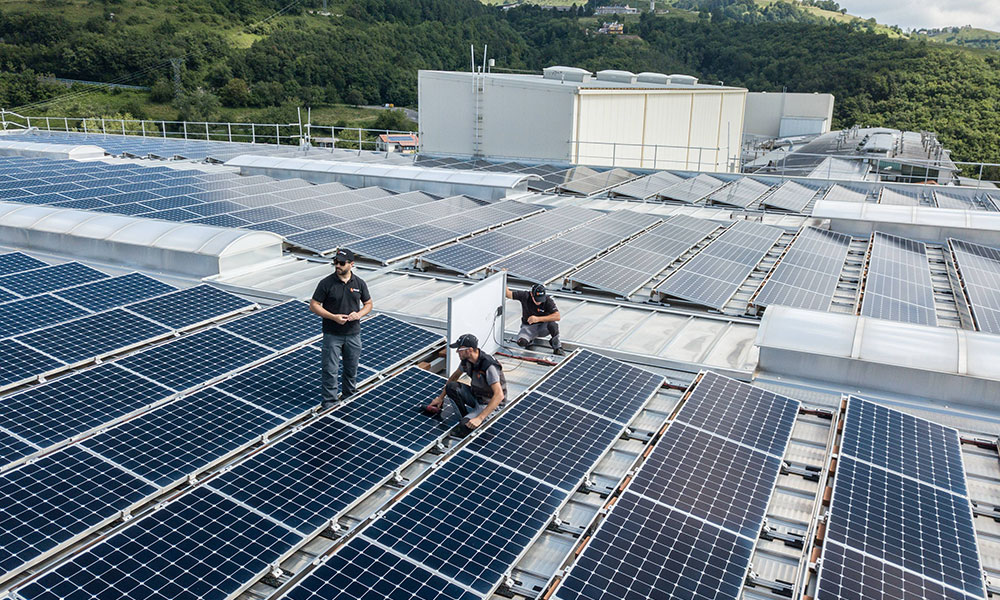
Benefits Of Installing Solar Panels For Your Business
Cost Savings: Generate your electricity and reduce operational costs by tapping into solar energy, leading to substantial long-term savings.
Low Operating Costs: Solar systems have minimal maintenance requirements, resulting in lower ongoing operational expenses.
Environmental Impact: Reduce your carbon footprint and demonstrate a commitment to sustainability, which can enhance your brand image and attract environmentally conscious customers.
Energy Independence: Generate your power, reducing reliance on external energy sources and shielding your business from energy price fluctuations.
Government Incentives: Access various federal and state incentives, grants, and rebates that can significantly lower the upfront installation costs.
Increased Property Value: Solar installations can increase the value of your property or building.
Long-Term Investment: A well-designed and maintained system can provide a solid return on investment over its lifespan, which can be 20 years or more.
Hedging Against Energy Costs: As energy prices rise, your solar system’s cost remains stable, offering a hedge against increasing electricity expenses.
Support Local Economy: By working with local solar installation companies, you contribute to the growth of the local renewable energy industry.
PR and Marketing Benefits: Showcase your commitment to sustainability, attracting socially conscious consumers and potentially gaining positive media coverage.
Resilience: Solar systems can operate during grid outages when equipped with battery storage, ensuring continuous power supply.
Future-Proofing: Investing in solar positions your business well for a future where renewable energy adoption is likely to become increasingly important.
Commercial Solar Installation: Step-By-Step Process
The installation process for commercial solar systems in South Australia generally involves several key steps:
Step One: Site Assessment – Our solar experts will evaluate your business site to determine factors like available space, sun exposure, shading, and structural considerations.
Step Two: Design and Proposal – Based on the assessment, a customised solar system design and proposal are created, including details about panel placement, system size, and estimated energy production.
Step Three: Permitting and Approvals – Necessary permits and approvals from local authorities are obtained to ensure compliance with regulations and building codes.
Step Four: Procurement – Solar equipment, including panels, inverters, racking, and wiring, is sourced and ordered.
Step Five: Installation – Solar panels are mounted on rooftops, ground-mounted frames, or carports, and electrical components are installed, connecting the system to your business’s electrical infrastructure.
Step Six: Wiring and Connection – Electrical wiring and connections are set up to integrate the solar system with your business’s electrical distribution.
Step Seven: Inverter Installation – Inverters, which convert solar energy into usable electricity, are installed and connected to the panels.
Step Eight: Testing and Commissioning – The entire system is tested to ensure proper functionality and safety. This includes checks for potential issues and adjustments to optimise performance.
Step Nine: Grid Connection – If your system is grid-connected, it’s connected to the local utility grid or microgrid, allowing for the exchange of surplus energy and backup power if applicable.
Step Ten: Monitoring Setup – If monitoring systems are included, they’re set up to track energy production and system performance.
Step Eleven: Training and Handover – Our solar installers will provide information on system maintenance and operation. Relevant documentation is handed over, including warranties and user manuals.
Step Twelve: Final Inspection – A final inspection might be conducted by relevant authorities or organisations to ensure compliance with safety and quality standards.
Step Thirteen: Activation – Once inspections and approvals are complete, the solar system is activated and starts generating electricity for your business.









